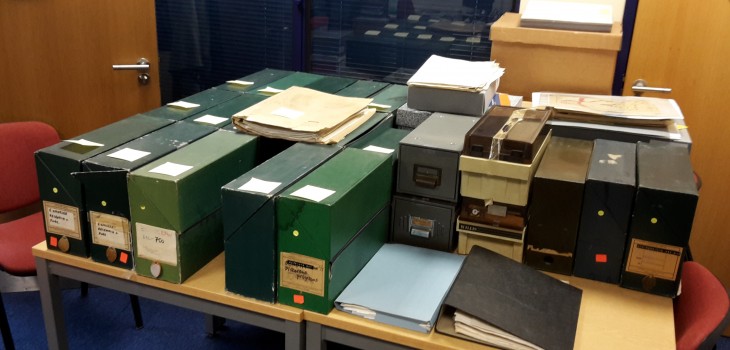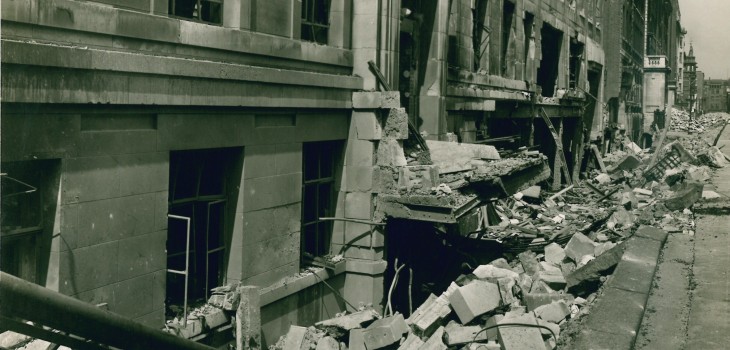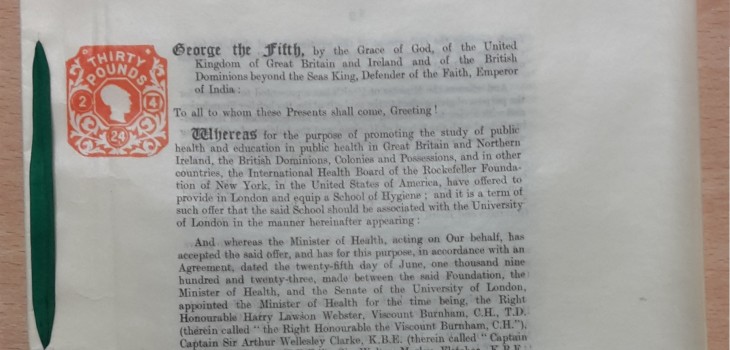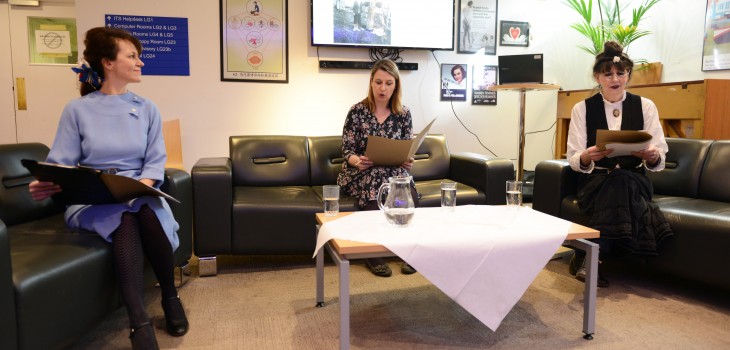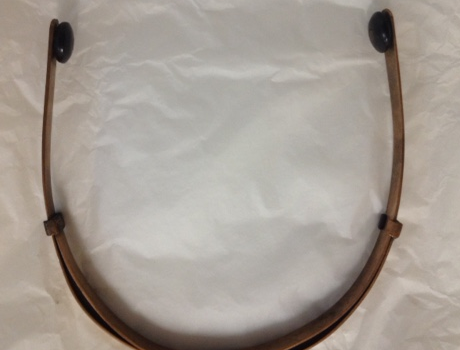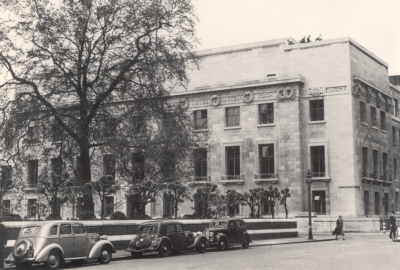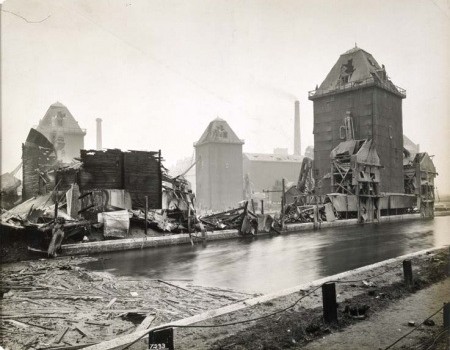As part of ‘The Changing Face of Keppel Street’ exhibition, which will be on display around the School between July and September 2016, we are launching a photo competition for staff and students! We are looking for impressing and creative photos of different parts of the School building.
What sort…







